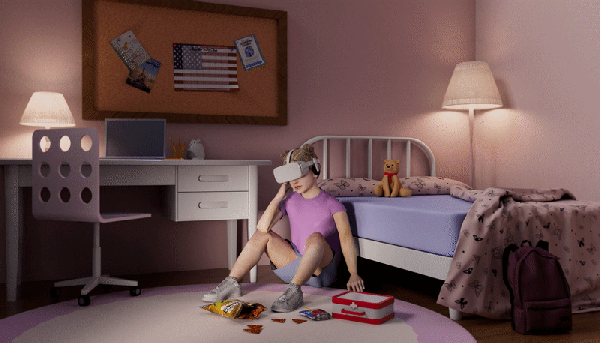| The conservative education activist Erika Donalds envisions a world where parents can opt out of traditional public school by putting their kids in a headset.  Illustration by Jackie Carlise During the pandemic lockdowns, many conservatives were among the strongest critics of school closures and remote learning. But, as Emma Green reports, some on the right adopted a more positive view, and are taking lessons from that experience to create a new model for independent education. Enter Optima Academy Online, a school based in Florida that uses remote learning and virtual-reality technology, which will enroll more than three hundred students from across the state this fall. The academy has attracted an economically and racially diverse set of students, a trend that highlights the ways in which school choice cuts across political lines. But is this form of education a bold embrace of technology, or further evidence of a creeping digital dystopia? Green describes one of the school’s promotional videos, featuring a girl who appears to be about ten years old: “She wears the headset on and off for about three hours, removing it to read a book, eat a sandwich, and hot-glue some sort of tinfoil art. Her classmates are scattered across different towns, and her teachers live all over the country. In the video, the little girl doesn’t have a single in-person interaction.” Support The New Yorker’s award-winning journalism. Subscribe today » |
No comments:
Post a Comment